Patient-specific Drug Choice
Choosing the right drug for a patient with cancer is a complicated challenge. There is such a wide range of options, and it can be …
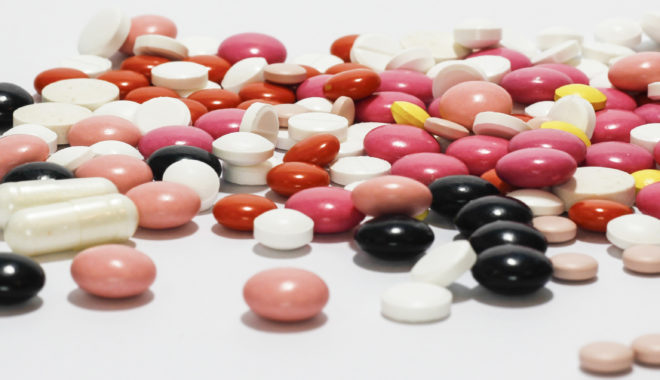
Choosing the right drug for a patient with cancer is a complicated challenge. There is such a wide range of options, and it can be …
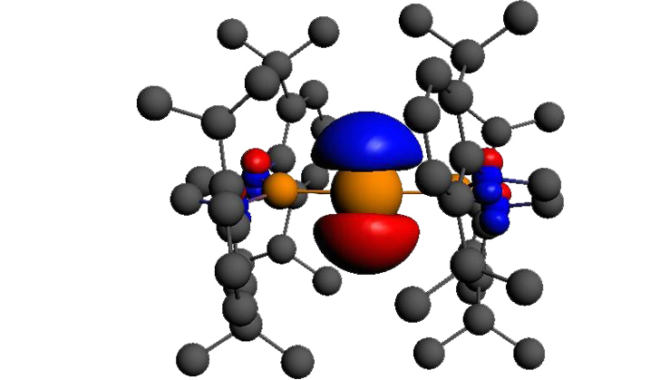
In a paper published in Nature Chemistry, a team of experimental chemists from the Universities of Oxford, Monash and Queensland, in collaboration with computational chemists …
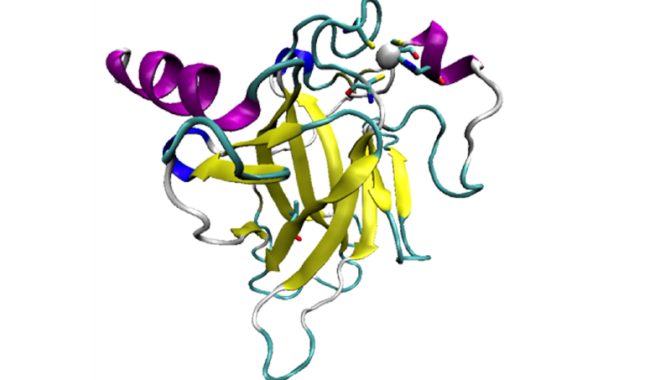
The p53 tumour suppressor protein, when it works properly, helps to prevent cancer. It does so by inducing the arrest of the cell cycle, by …
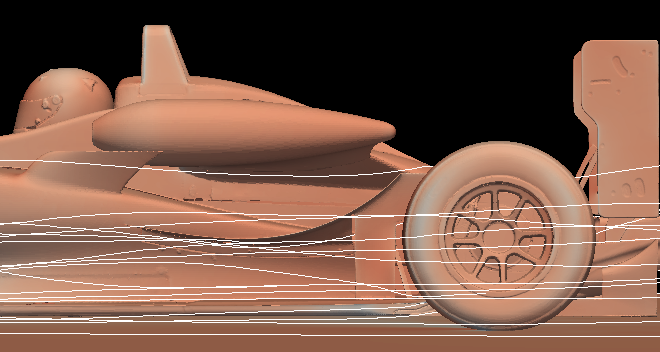
Access to academic facilities like the Emerald supercomputer is vital to the success of new start ups in the High Performance Computing field, says Jamil …

Chris Skylaris, Reader in Computational Chemistry at the University of Southampton, develops quantum mechanical calculations for chemistry simulation and drug discovery. He has developed a …
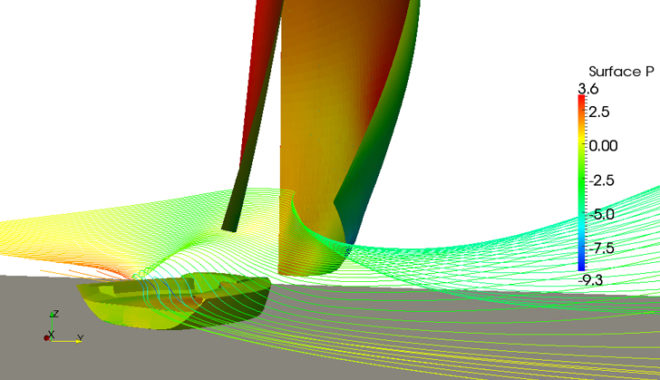
North Sails are one of the largest sail making companies, with a particular emphasis upon and commitment to technical development. This ranges from the materials …

Professor Francesco Gervasio of UCL’s Department of Chemistry used the Emerald supercomputer to simulate the effect of gene mutations linked to the spread of cancer. His research …
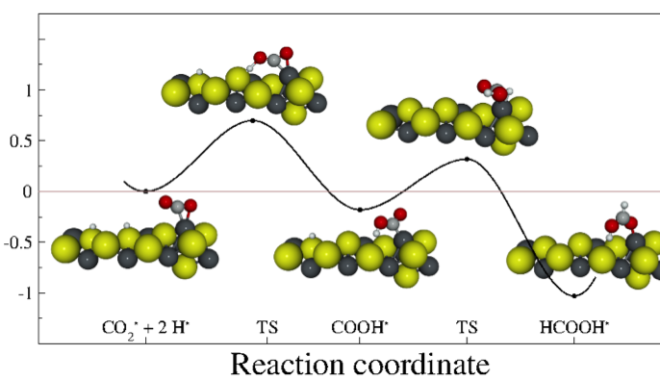
Researchers at UCL are using a range of sophisticated computational tools to simulate and predict the chemical processes that take place at the surfaces of metal and other material surfaces.
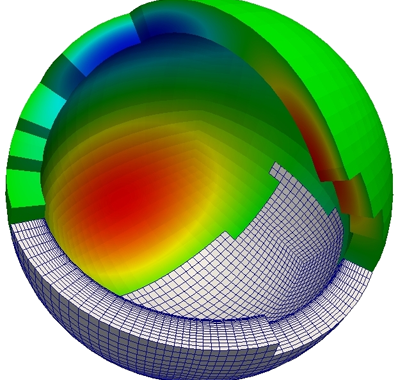
Dr. Eike Mueller and Prof. Rob Scheichl of the Department of Mathematical Sciences at the University of Bath use the Emerald GPU-accelerated supercomputer to develop …
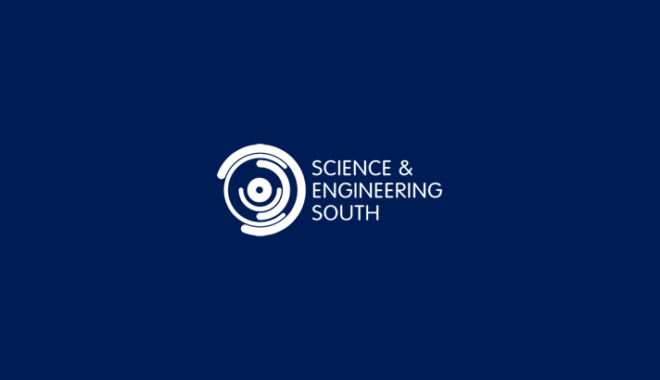
Application to Design of Next-Generation Unmanned Aerial Vehicles Computational simulation of fluid flow, often referred to as Computational Fluid Dynamics (CFD), plays an critical role …

MOTIVATE is a pathfinder project with the aim of investigating the application of the latest many-core technologies to deliver energy and efficiencies in the area of radio astronomy High Performance Computing.

UCL’s membership of the Science & Engineering South (SES) Consortium is allowing researchers to work with with GPU specialists in Oxford to greatly improve the performance of a tsunami simulation code.